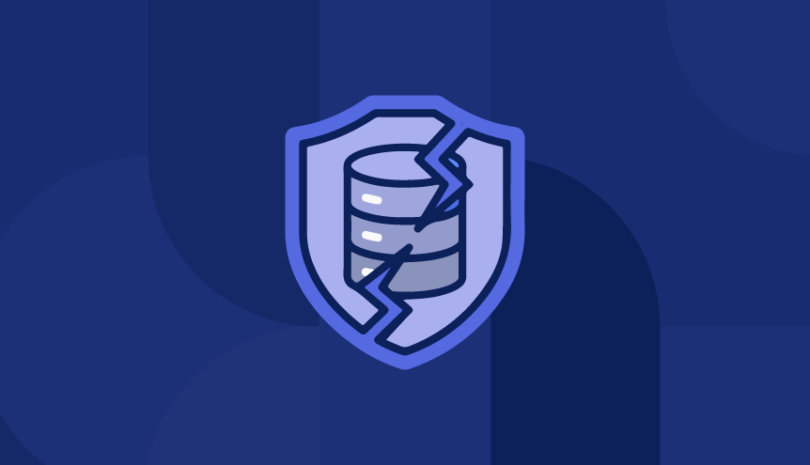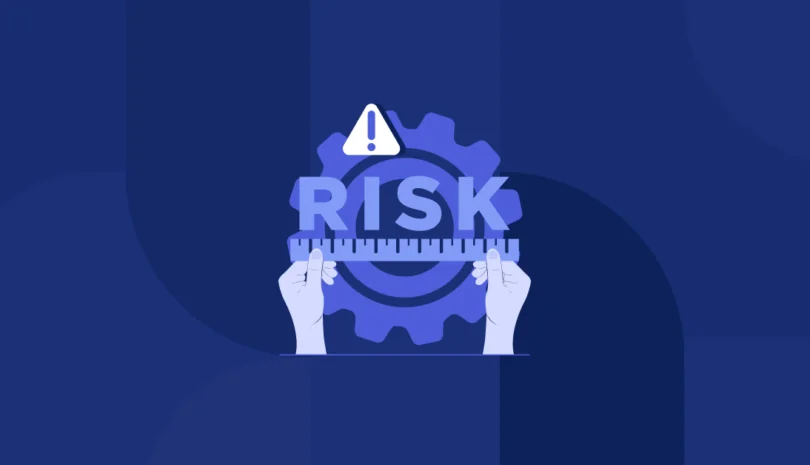A recent data breach involving PowerSchool, a widely used cloud-based education platform, has exposed the personal information of over 2.4 million Canadian students. This breach raises serious concerns about the security of cloud-based services, not just in education but across industries that rely on third-party software to manage sensitive data.
While much of the public conversation has focused on individual data protection, there are crucial lessons for businesses, especially CISOs and security managers, looking to strengthen their cybersecurity posture.
What Happened: The PowerSchool Data Breach
PowerSchool, a cloud-based platform used by schools across Canada, suffered a significant security incident that resulted in the exposure of student records. While specific attack details are still emerging, the breach underscores the vulnerabilities in third-party cloud services.
For businesses, this incident is a stark reminder of the risks associated with outsourcing data storage and management to third-party vendors. When critical data is handled externally, organizations must ensure that security measures are stringent and continuously updated.
Lessons for Businesses: Strengthening Cloud Security
1. Assess Third-Party Security Practices
Companies frequently rely on third-party vendors for cloud services, but do they fully vet their security measures? Businesses must conduct rigorous security assessments, including penetration testing, compliance checks, and incident response preparedness before entrusting vendors with sensitive information.
2. Implement Strong Data Governance Policies
Understanding what data is being collected, where it is stored, and who has access to it is crucial. Organizations should classify data based on sensitivity and implement strict access controls to minimize exposure in case of a breach.
3. Require Incident Response Readiness from Vendors
One of the most alarming aspects of the PowerSchool breach was the widespread impact on millions of users. Businesses should ensure their vendors have robust incident response plans, including clear communication protocols and rapid mitigation strategies. Vendor agreements should mandate security standards and periodic audits to maintain compliance.
4. Strengthen Cloud Security Configurations
Misconfigured cloud storage settings and weak API security are common causes of data breaches. Businesses must enforce proper cloud security policies, including encryption, identity access management (IAM), and continuous monitoring for anomalies.
Why This Matters: The Bigger Picture for CISOs
The PowerSchool breach is just one of many cyber incidents highlighting the risks of third-party cloud services. With regulatory requirements tightening worldwide—such as GDPR, DORA, and NIST frameworks—organizations must proactively manage third-party risks. A failure to do so could not only lead to data loss but also reputational and legal consequences.
The Canadian school data breach should serve as a wake-up call for organizations in all industries. CISOs and security leaders must prioritize third-party risk management, enforce stricter vendor security protocols, and adopt a proactive approach to cloud security.
As businesses continue to expand their digital footprints, ensuring the resilience of cloud-based infrastructures is no longer optional—it’s a necessity.Want to learn more about how to reduce your third-party risk with contextual cyber management? Contact Panorays to schedule a demo today.



